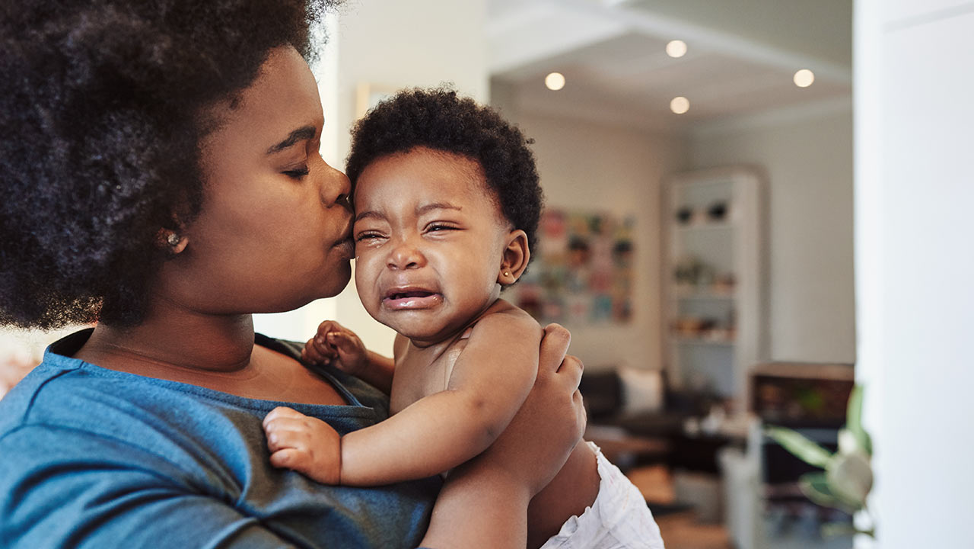Caring for little children, especially babies and toddlers is by no means a walk in the park. It is a very difficult job that requires the parent or the caregiver to pay constant attention to the child. Children often get sick without warning, and it is the job of the caregiver to take care of the child. Before the pandemic, caring for a child wasn’t an easy task, and the pandemic has made a tasking job even more difficult.
Medical Impacts
While babies and toddlers have been largely spared the nasty side of the COVID-19 pandemic, they paid for it in another way. While they have the lowest mortality rates from COVID-19, there are some indirect consequences of the pandemic on their healthcare. For one, the pandemic overwhelmed the healthcare systems of most countries in the world, and this meant that more and more nurses, doctors, and other healthcare workers had to be redeployed to the frontline to deal with the rapidly increasing COVID cases. So unless your baby was seriously ill, you were unlikely to be able to see a doctor because the few pediatric doctors who weren’t on the frontline had increased workloads to deal with.
Trips to the hospital for wrong purposes were heavily discouraged. While this is understandable as not only does it reduce the workload on the doctors but it also reduces the spread of the virus, it still brings up the debate about how some symptoms that are often considered mild and non-life-threatening may sometimes be an indicator of an underlying serious medical condition.
Also, the redeployment of health workers meant that essential pediatric health services such as immunizations and vaccinations had to be put on hold because they were deemed lower in priority than the COVID cases. The world was focused on COVID-19, and there was little space for anything else because other illnesses were considered to be of less risk. Parents and caregivers had to depend on home remedies for minor illnesses.
Social/Psychological Factors
Apart from the medical impact, the pandemic also had some social and psychological impacts on the care of babies and toddlers. For one, social support from friends and family was at an all-time low. The importance of social support to the well-being of both toddlers and their parents cannot be overemphasized. For the child, it plays an important role in socialization and mental development. Something as simple as having a family barbeque with friends and family is very vital in providing the child with stimulation, entertainment, and also serves as a learning avenue. All these factors are very important contributions to the proper development of the child.
Unfortunately, for babies born just before or during the pandemic, socialization is kept to a minimum because social distancing rules mean that friends and family have been unable to visit. The lack of social support has its effects on the parents and caregivers as well. Social support is essential for everyone, and because babies and toddlers are fully dependent on their parents and caregivers, they will feel the negative effects that the loss of social support has on the adults.
While it may seem like babies and toddlers got a sweet deal because of their low mortality rate from COVID, it isn’t always that straightforward. There are several impacts that the pandemic has had both medically and socially, and in a lot of cases, these impacts can have long-lasting effects that may not be obvious at the moment. Only the next few years will tell how much the pandemic impacted the care of babies and toddlers.
Sources
https://theconversation.com/pandemic-babies-how-covid-19-has-affected-child-development-155903
https://data.unicef.org/covid-19-and-children/
https://www.eurekalert.org/pub_releases/2020-06/cmaj-iae062420.php

